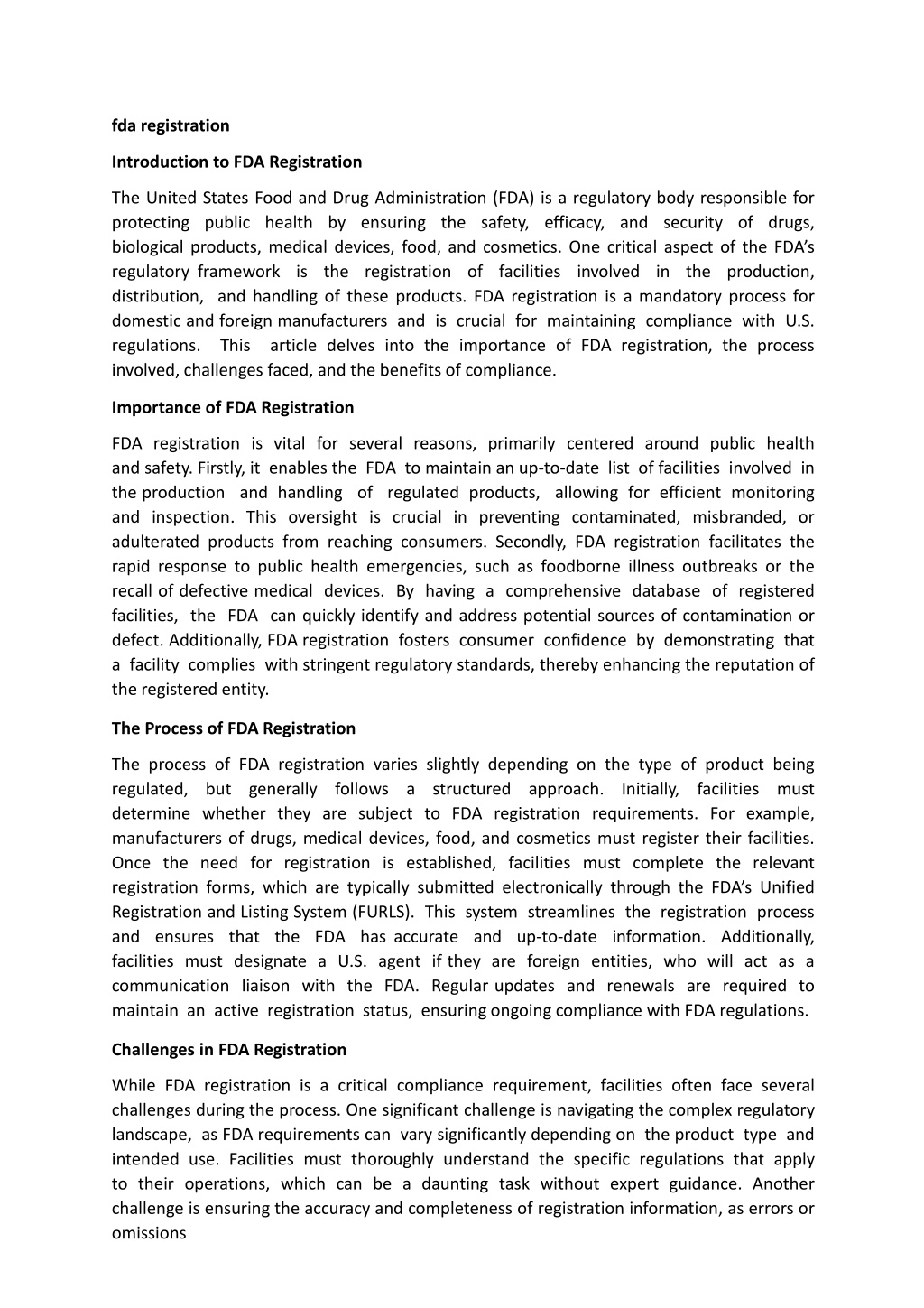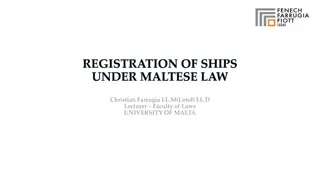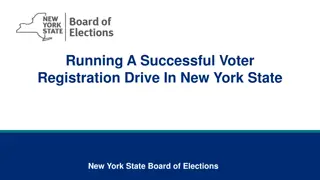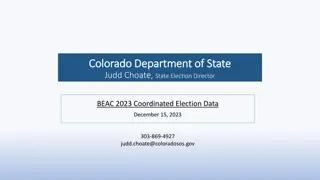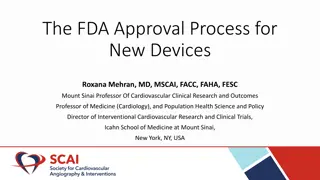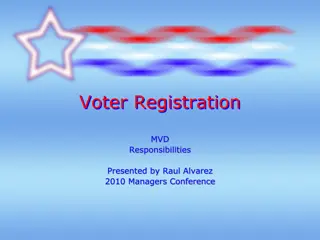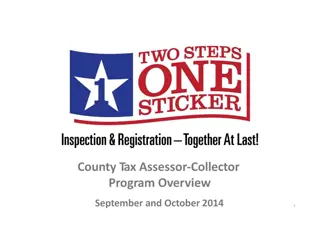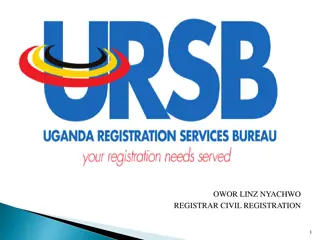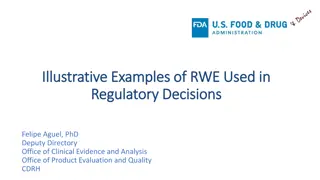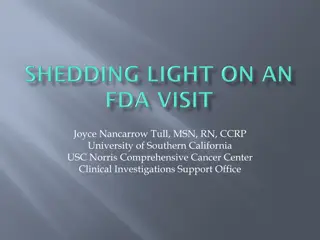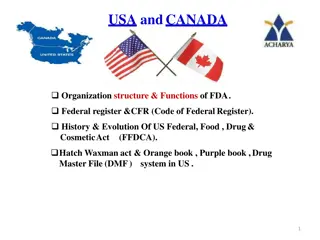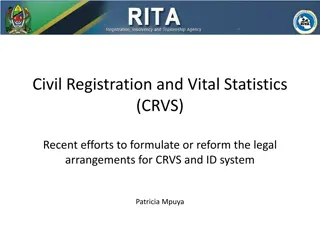fda registration
IAS helps organizations to register their products in US FDA. It is always a tedious process to collect and file the application as the US-FDA has got stringent rules. We are having experience in US-FDA registration thus we put forward our Services t
Download Presentation

Please find below an Image/Link to download the presentation.
The content on the website is provided AS IS for your information and personal use only. It may not be sold, licensed, or shared on other websites without obtaining consent from the author.If you encounter any issues during the download, it is possible that the publisher has removed the file from their server.
You are allowed to download the files provided on this website for personal or commercial use, subject to the condition that they are used lawfully. All files are the property of their respective owners.
The content on the website is provided AS IS for your information and personal use only. It may not be sold, licensed, or shared on other websites without obtaining consent from the author.
E N D
Presentation Transcript
fda registration Introduction to FDA Registration The United States Food and Drug Administration (FDA) is a regulatory body responsible for protecting public health by ensuring the safety, efficacy, and security of drugs, biological products, medical devices, food, and cosmetics. One critical aspect of the FDA s regulatory framework is the registration of facilities involved in the production, distribution, and handling of these products. FDA registration is a mandatory process for domestic and foreign manufacturers and is crucial for maintaining compliance with U.S. regulations. This article delves into the importance of FDA registration, the process involved, challenges faced, and the benefits of compliance. Importance of FDA Registration FDA registration is vital for several reasons, primarily centered around public health and safety. Firstly, it enables the FDA to maintain an up-to-date list of facilities involved in the production and handling of regulated products, allowing for efficient monitoring and inspection. This oversight is crucial in preventing contaminated, misbranded, or adulterated products from reaching consumers. Secondly, FDA registration facilitates the rapid response to public health emergencies, such as foodborne illness outbreaks or the recall of defective medical devices. By having a comprehensive database of registered facilities, the FDA can quickly identify and address potential sources of contamination or defect. Additionally, FDA registration fosters consumer confidence by demonstrating that a facility complies with stringent regulatory standards, thereby enhancing the reputation of the registered entity. The Process of FDA Registration The process of FDA registration varies slightly depending on the type of product being regulated, but generally follows a structured determine whether they are subject to FDA registration requirements. For example, manufacturers of drugs, medical devices, food, and cosmetics must register their facilities. Once the need for registration is established, facilities must complete the relevant registration forms, which are typically submitted electronically through the FDA s Unified Registration and Listing System (FURLS). This system streamlines the registration process and ensures that the FDA has accurate and up-to-date information. Additionally, facilities must designate a U.S. agent if they are foreign entities, who will act as a communication liaison with the FDA. Regular updates and renewals are required to maintain an active registration status, ensuring ongoing compliance with FDA regulations. approach. Initially, facilities must Challenges in FDA Registration While FDA registration is a critical compliance requirement, facilities often face several challenges during the process. One significant challenge is navigating the complex regulatory landscape, as FDA requirements can vary significantly depending on the product type and intended use. Facilities must thoroughly understand the specific regulations that apply to their operations, which can be a daunting task without expert guidance. Another challenge is ensuring the accuracy and completeness of registration information, as errors or omissions
can result in delays or enforcement actions. Additionally, the ongoing need for updates and renewals requires dedicated resources compliance. Finally, foreign facilities face the added challenge of appointing a U.S. agent, which involves additionaladministrative and logistical considerations. and continuous vigilance to maintain Benefits of Compliance with FDA Registration Compliance with FDA registration offers numerous benefits that extend beyond regulatory adherence. Firstly, it enhances market access, as FDA-registered facilities are eligible to distribute their products in the U.S. market, which is one of the largest and most lucrative markets globally. Secondly, FDA registration improves product quality and safety, as the stringent regulatory requirements necessitate assurance measures. This commitment to quality can lead to reduced instances of product recalls and adverse events, ultimately protecting consumers and enhancing brand reputation. Moreover, FDA registration fosters consumer trust, as it signals that a facility adheres to high standards of safety and efficacy. This trust can translate into increased customer loyalty and competitive advantage in the marketplace. Lastly, compliance with FDA registration can facilitate international trade, as many countries recognize FDA standards and may streamline import/export processes for FDA-registeredfacilities. rigorous quality control and Conclusion FDA registration is a cornerstone of the regulatory framework that ensures the safety and efficacy of products consumed by the public. While the registration process can be complex and challenging, it is essential for facilities involved in the production, distribution, and handling of regulated products. By registration, navigating the process effectively, addressing challenges, and recognizing the benefits of compliance, facilities can achieve and maintain regulatory adherence. Ultimately, FDA registration not only protects public health but also enhances market access, product quality, consumer trust, and international trade opportunities. understanding the importance of FDA
